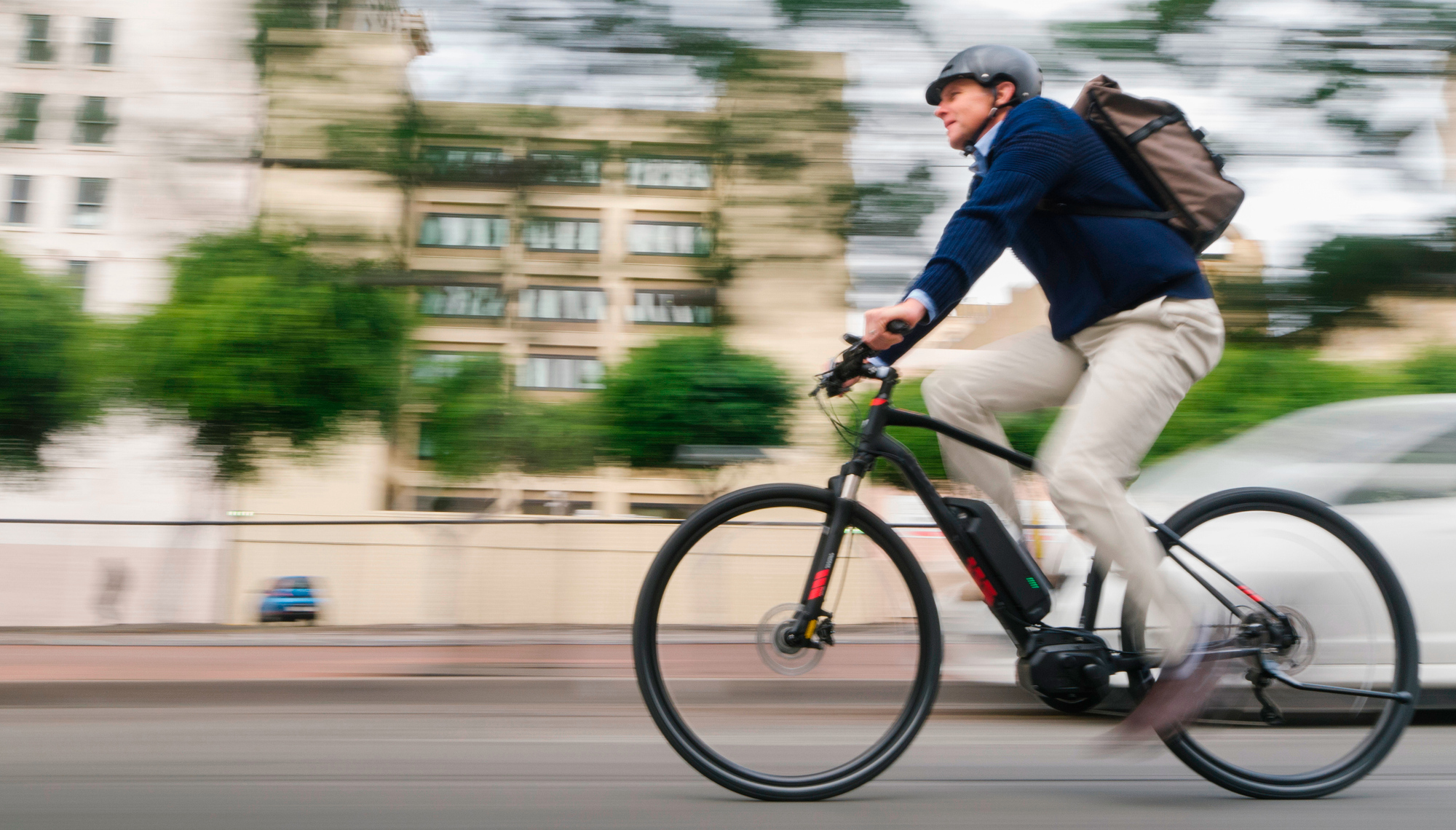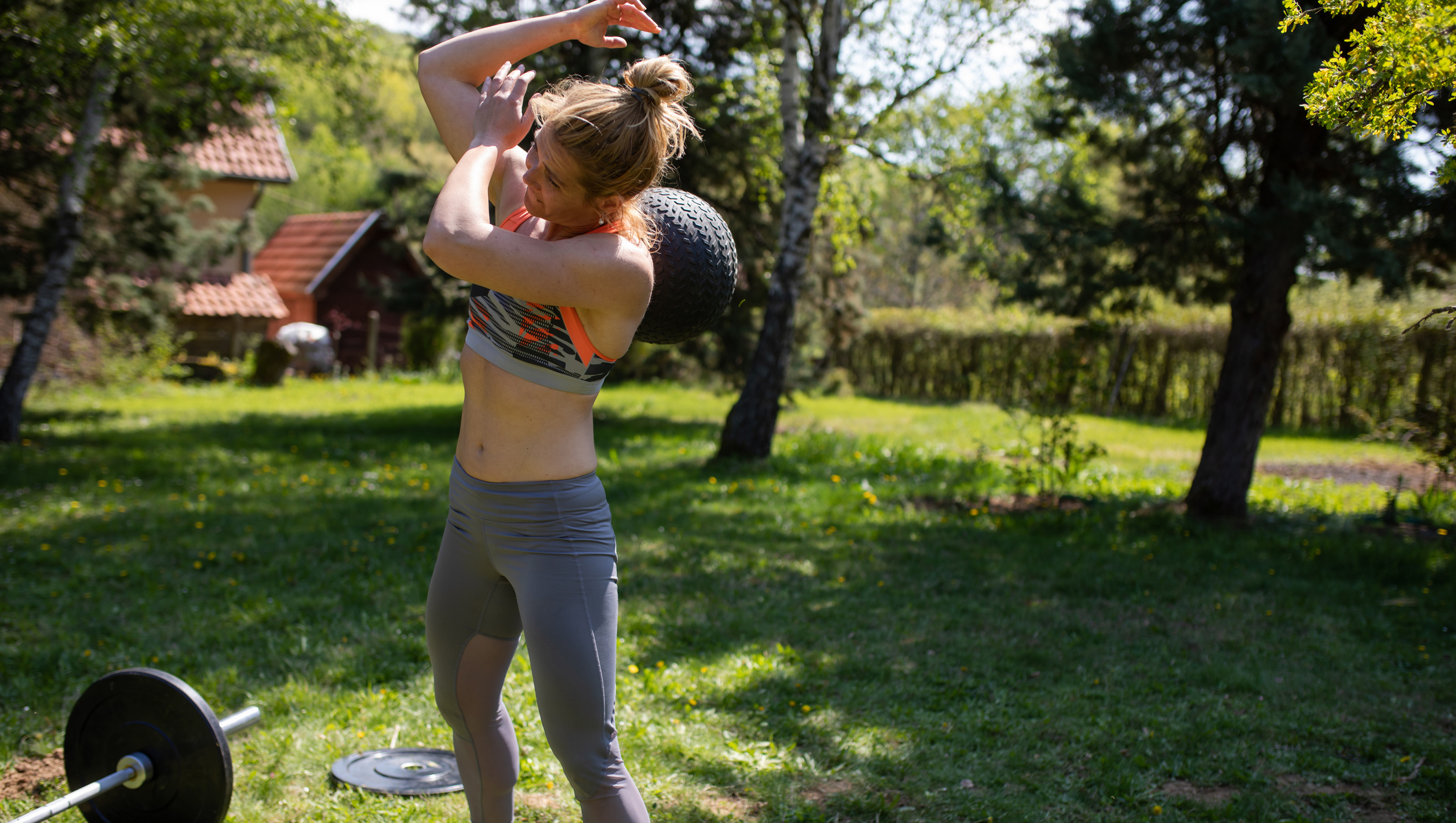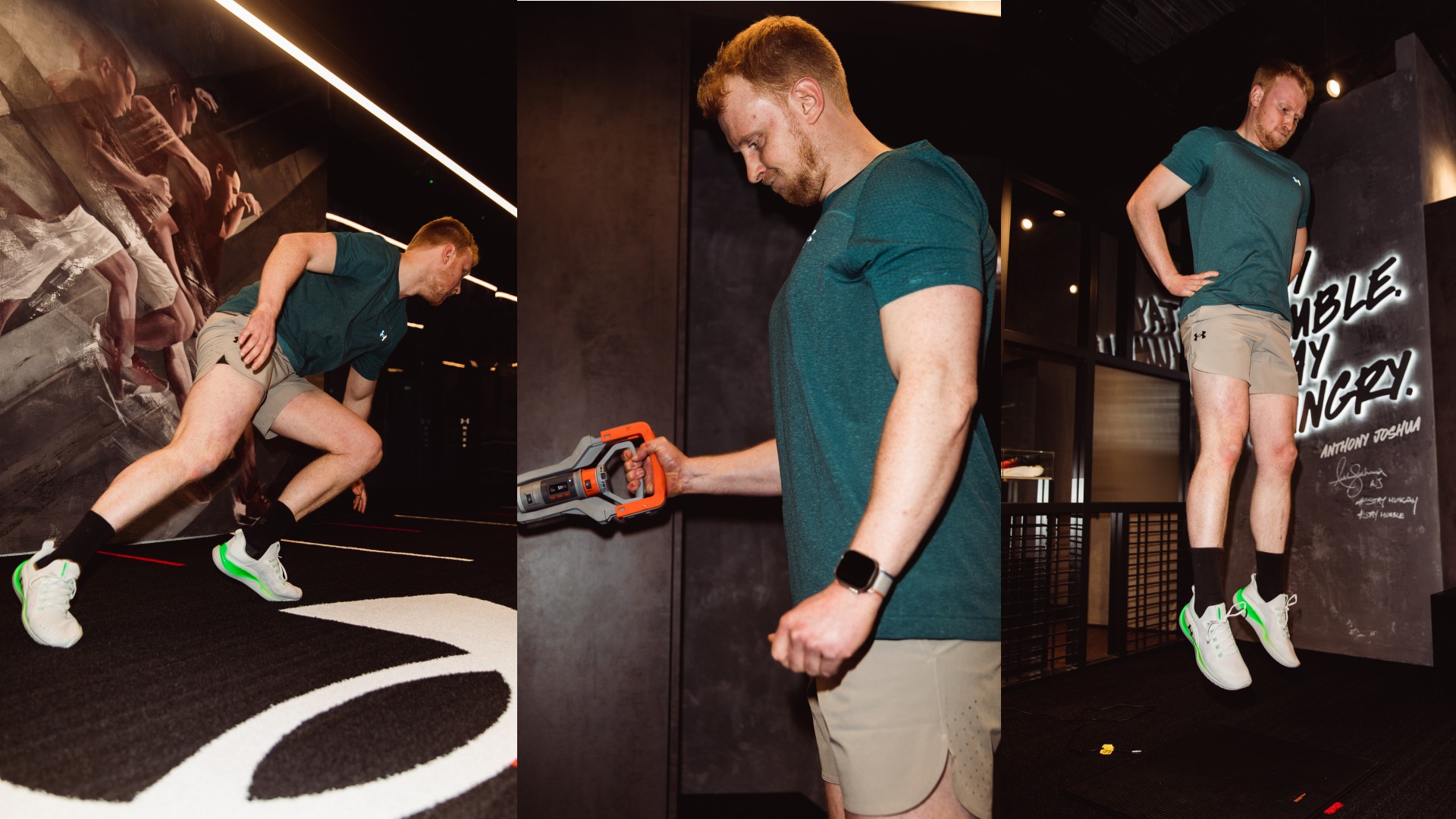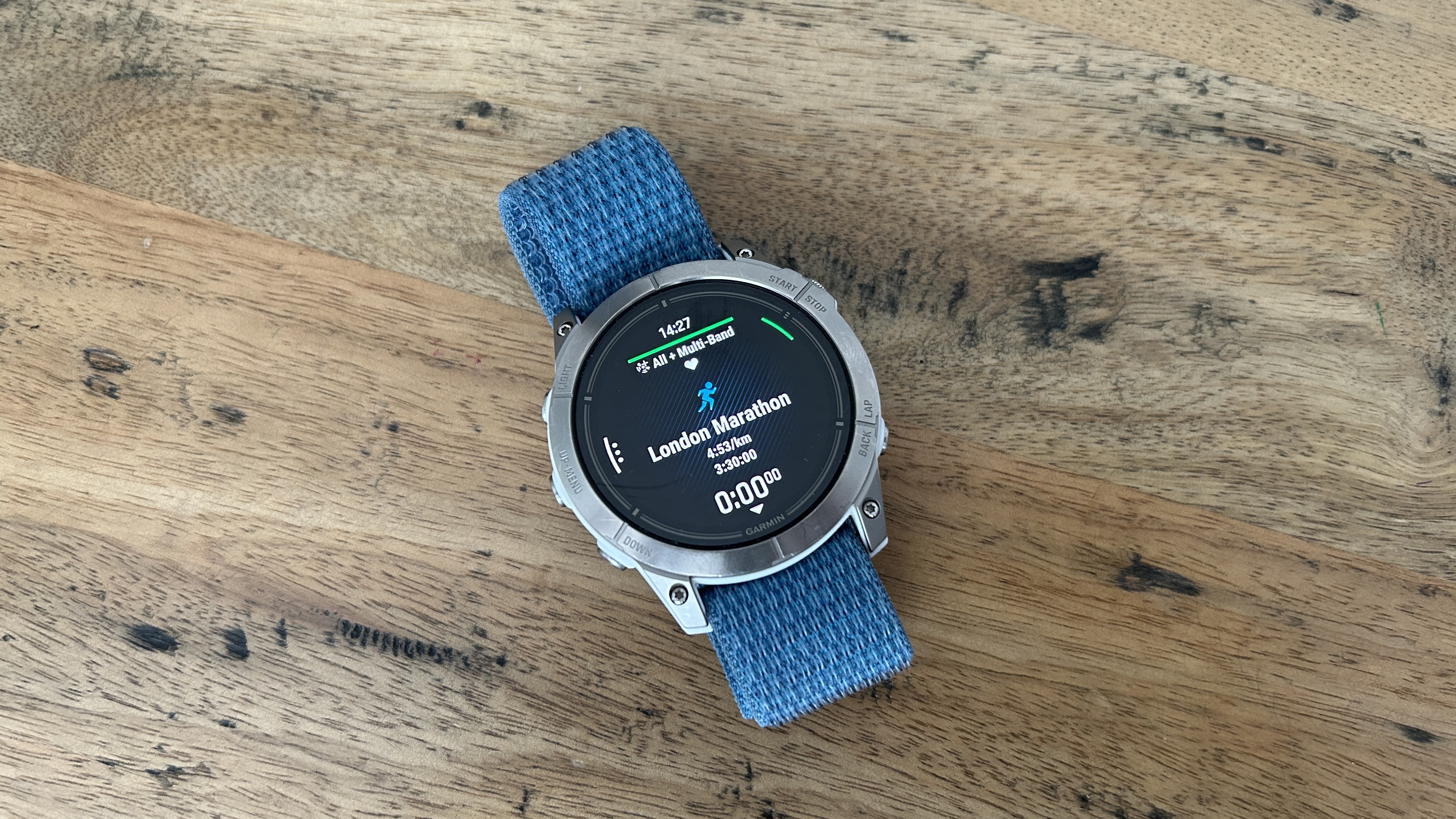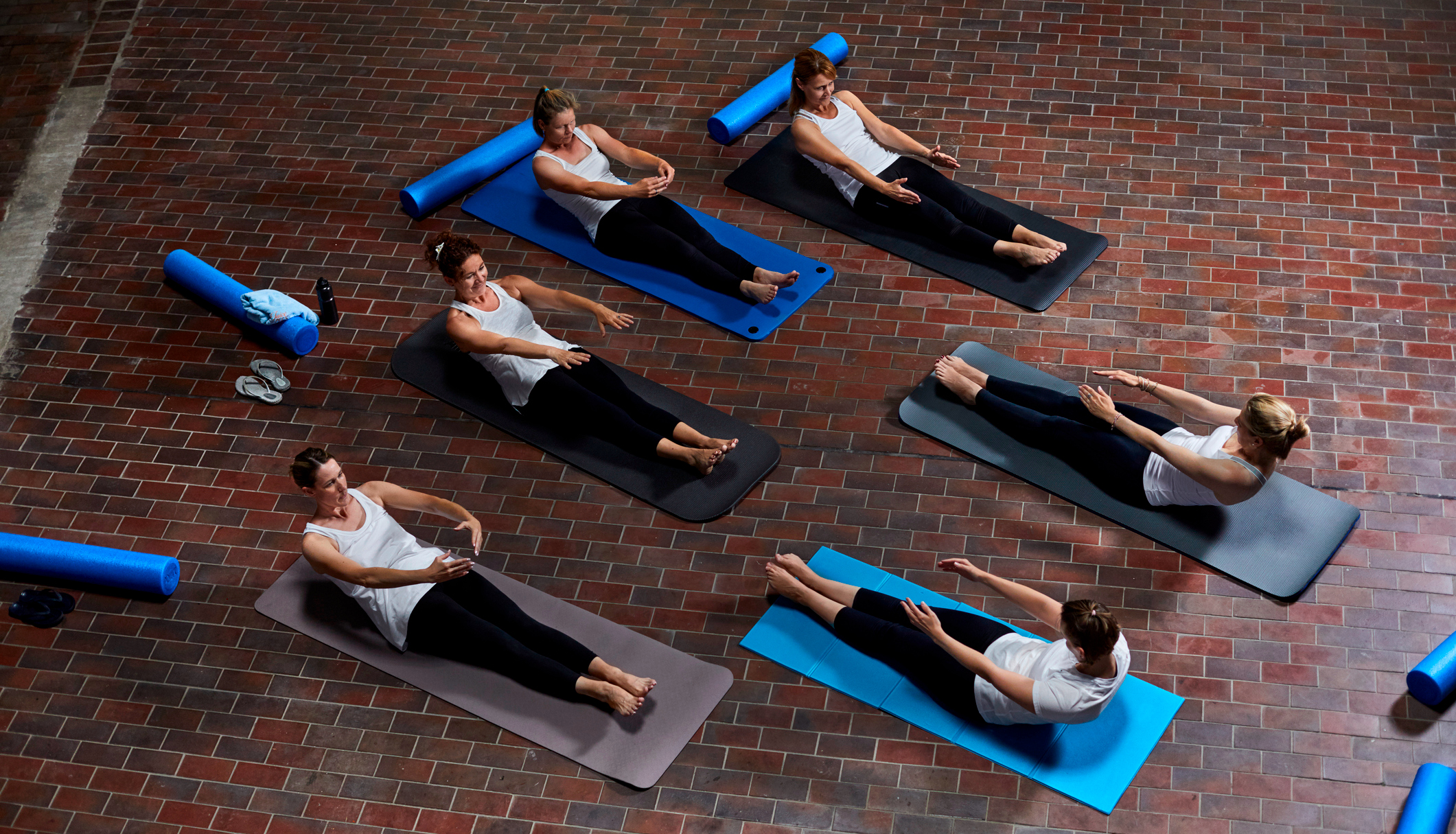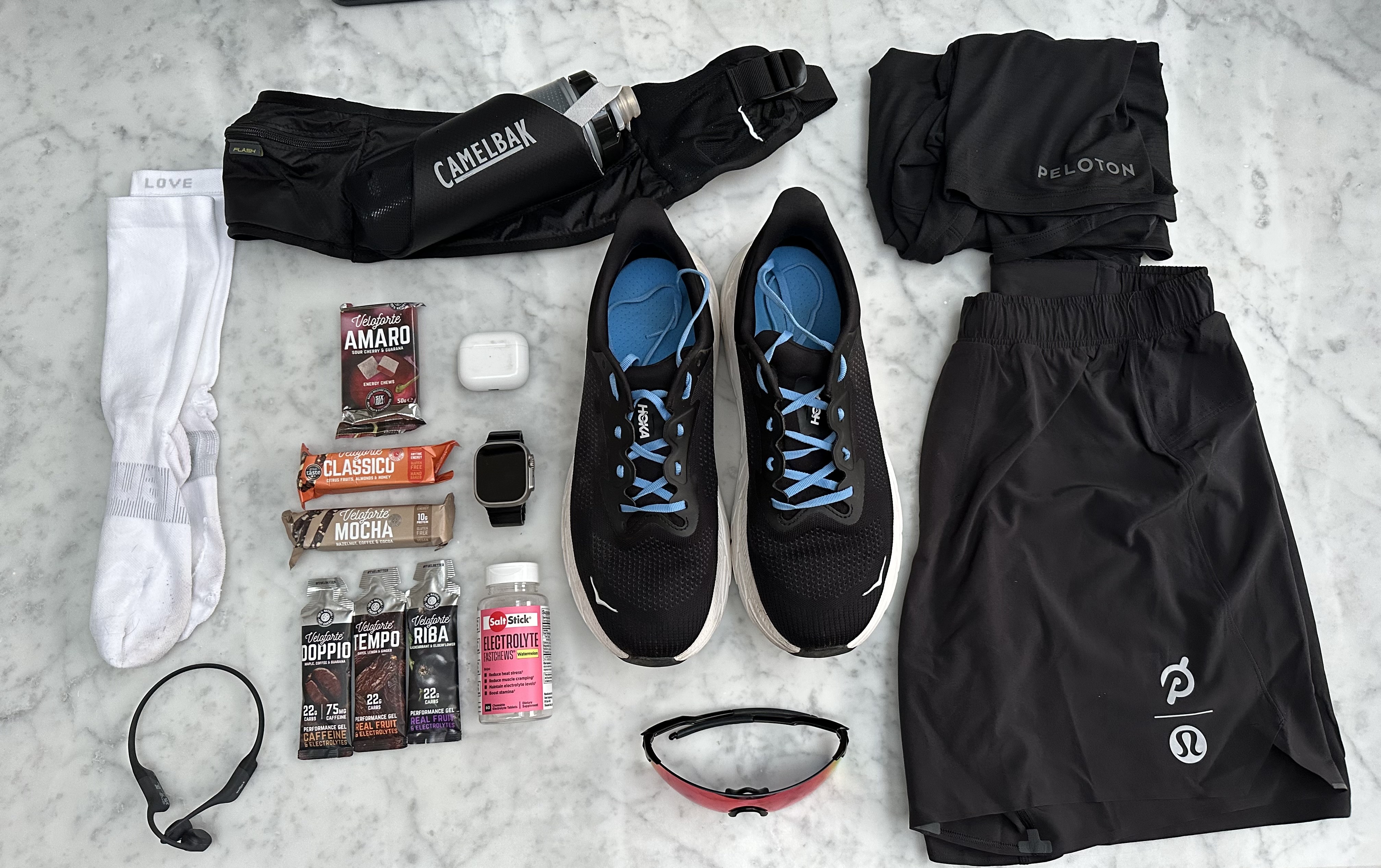The best workout supplement combos
These specialist supplement combo shakes will provide everything you need before, during and after your workout
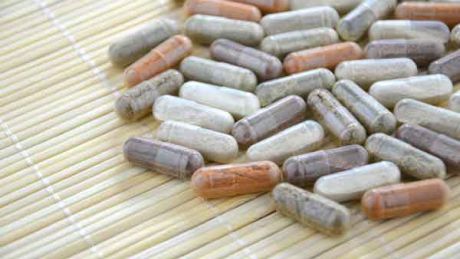
PRE-WORKOUT
‘A pre-workout supplement drink should heighten the functions of the brain and body,’ says personal trainer Nick Mitchell of Ultimate Performance. ‘You want something that allows you to train for longer, focus more intensely and lift stronger than you would otherwise be able to.’
Ingredients
- Caffeine 5-10mg per kg of bodyweight
- L-tyrosine 5-10mg per kg of bodyweight
- L-phenylaline 1mg per kg of bodyweight
- Chocamine 50-500mg
- Acetyl L-carnitine 1-2.5g
- Glycine propionate L-carnitine (GPLC) 3g
Caffeine is a stimulant that will fire up your adrenal glands to produce the hormone cortisol, which your body needs to burn fat and build muscle.
L-tyrosine and L-phenylaline help to increase the effectiveness of the caffeine and prevent the post-caffeine crash you would otherwise experience. L-tyrosine has also been shown to increase alertness, which will help you focus during your session.
Chocamine, a cocoa extract, is a stimulant that contains theophylline and theobromine, which work together to boost your energy levels. Theophylline is also thought to have some anti-inflammatory effects.
Acetyl L-carnitine boosts the neurotransmitter acetylcholine, which controls focus and drive during training. L-carnitine, a compound formed by the essential amino acids lysine and methionine, also encourages the body to use fat stores as an energy source.
GPLC works as a vasodilator to improve blood flow during muscle-building workouts, which helps to improve nutrient uptake and overall results.
When to take it
‘I’d say approximately 30 minutes before your workout, which is the average time it takes for the ingredients to hit the bloodstream,’ says Mitchell. ‘But it’s always best to experiment a bit to see what works best for you.’
MID-WORKOUT
A drink that you consume during a workout should help to keep you hydrated,’ says Aaron Deere of KX Gym London. ‘It should also give you energy and provide protein for your muscles. Staying properly hydrated improves endurance, prevents muscle cramps and helps you maintain training intensity. The combination of carbohydrates and water is essential for providing fuel for working muscles and replacing lost fluids.’
Ingredients
Get the Coach Newsletter
Sign up for workout ideas, training advice, reviews of the latest gear and more.
- High-GI carbohydrates 20-25g total composed of: glucose 7-8g, sucrose 7-8g, maltodextrin 7-8g
- Whey protein 5-6g
- Vitamin C 30-120mg
- Vitamin E 20-60IU
- Sodium 100-250mg
- Potassium 60-120mg
- Magnesium 60-120mg
- BCAA 6-10g
- Water 150-225ml per 15 minutes of exercise
High-GI carbohydrates help to maintain energy levels and training intensity. They also stop the body from using protein as a fuel source.
Whey protein increases the availability of amino acids to stimulate muscle protein synthesis. Ingesting additional protein during exercise also helps to reduce muscle protein degradation and speed up post-exercise recovery.
Vitamins C and E are antioxidants that help reduce the muscle damage caused by free radicals and aid in the recovery process.
Sodium is necessary for transmitting nerve impulses and proper muscle function. Even a slight depletion of sodium caused by sweating can negatively impact performance.
Potassium maintains the body’s water balance. Losing potassium through sweating can cause muscle cramping and cardiovascular irregularities.
Magnesium is a key component of over 300 chemical processes in the body. Sweating depletes the body’s magnesium stores, which reduces its ability to perform optimally.
BCAAs help to increase protein synthesis and reduce catabolic stress, which causes muscle damage.
Water is crucial for maintaining hydration levels. Sweat-induced water reductions of as little as 1.5% of bodyweight can lead to significant decreases in muscular strength and reduce the amount of oxygenated blood being pumped to working muscles.
POST-WORKOUT
‘Taking on a post-workout recovery supplement drink is one of the most important nutritional strategies you can employ,’ says sports nutritionist Laurent Bannock of Guru Performance. ‘Having the right supplements will help you to achieve the gains and adaptations you’re aiming for in terms of lean muscle mass, strength and reducing the risk of soreness, as well as general refuelling, recovery and prevention of muscle damage.’
Ingredients
- Carbohydrates 50g total composed of: dextrose 25g, waxy barley starch 25g
- Whey protein isolate 25g
- Creatine monohydrate 5g
- BCAA 2-5g
- L-glutamine 5-8g
Carbohydrates stimulate the hormonal response to insulin, which increases the absorption of whey by the muscles. They also help to refuel your glycogen supplies, which are depleted by exercise. Dextrose is a high-GI carbohydrate that will start working immediately, while waxy barley starch is a slower-release carbohydrate that will work over a longer period of time.
Whey protein helps to reduce muscle damage and delayed onset muscle soreness (DOMS). It also helps you to build muscle size, strength and power.
Creatine increases muscle size by drawing more water into the muscle cells and replenishing the muscles’ creatine stores which have been depleted during exercise.
BCAAs provide extra amino acids that enhance the recovery components of the whey protein, helping to heal damaged muscle tissue and promote growth.
L-glutamine is an amino acid that aids recovery, helps to strengthen damaged muscle tissue and boosts your immune system.
Water will enhance your body’s absorption of the drink and aid its transportation through the gut.
When to take it
‘Studies show that the best time is within 15-30 minutes of finishing your workout,’ says Bannock, ‘but basically sooner rather than later is the idea.’
Image used courtesy of Shutterstock
Nick Mitchell runs Ultimate Performance. His latest London gym is the largest PT-only gym in Europe.
Aaron Deere is a PICP level 3, BioSignature 1-accredited strength and conditioning coach at KX Gym London.
Laurent Bannock is a sports scientist and performance nutritionist for London Irish RFC.
Coach is a health and fitness title. This byline is used for posting sponsored content, book extracts and the like. It is also used as a placeholder for articles published a long time ago when the original author is unclear. You can find out more about this publication and find the contact details of the editorial team on the About Us page.


